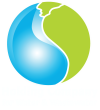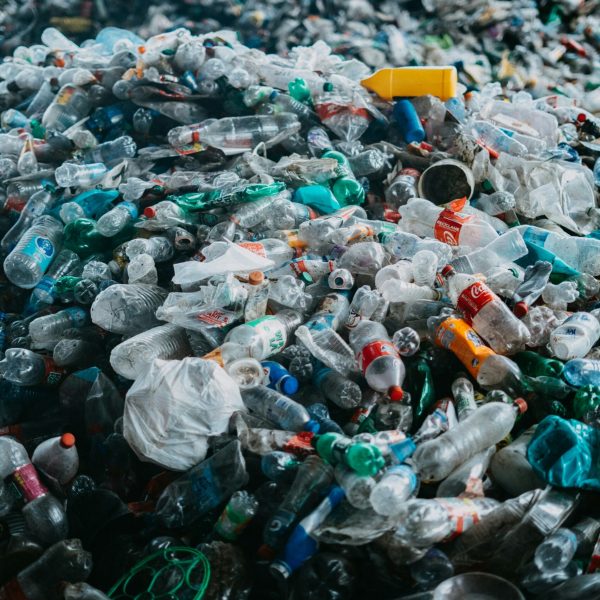NEW CAIRO | EIEC – Egypt International Exhibition Center
In collaboration with



Solid Waste Management emerges as a pivotal subsector driving sustainability initiatives in Egypt.
Egypt grapples with the absence of a comprehensive waste collection system, evident by the collection of only 47 million tons of waste in 2021, while the nation generates an estimated 95 to 100 million tons annually. This shortfall results in a considerable portion of waste finding its way into natural environments or onto the streets, posing environmental and health hazards. Recognizing the urgency of the situation, the government enacted a new Waste Management Act on February 22nd, 2022, with dual objectives: curbing waste accumulation and fostering a culture of recycling.


Presently, Egypt boasts 28 operational recycling plants, with ambitious plans to double this number in the coming years. Additionally, the government aims to establish nine new waste transfer stations and develop 20 additional landfills to streamline waste management processes across the nation. The expansion of recycling infrastructure and the implementation of modern waste management practices are crucial steps towards achieving a sustainable future.
IWWI actively contributes to Egypt’s economic progress by serving as a nexus for producers, suppliers, buyers, and investors, facilitating collaboration and innovation in the vital domains of water, waste, and infrastructure.
Air Purification
Landscape Preservation
Recycling
Renewable Energies
Road Cleaning
Sanitary Facilitie
Sewer Systems
Waste Plants and Containers
Soil Protection
Special Transport Vehicles
Treatment of Toxic Waste
Waste Avoidance and Utilization
Waste Composting Installations
Waste Disposal
Air Purification
Landscape Preservation
Recycling
Renewable Energies
Road Cleaning
Sanitary Facilitie
Sewer Systems
Waste Plants and Containers
Soil Protection
Special Transport Vehicles
Treatment of Toxic Waste
Waste Avoidance and Utilization
Waste Composting Installations
Waste Disposal